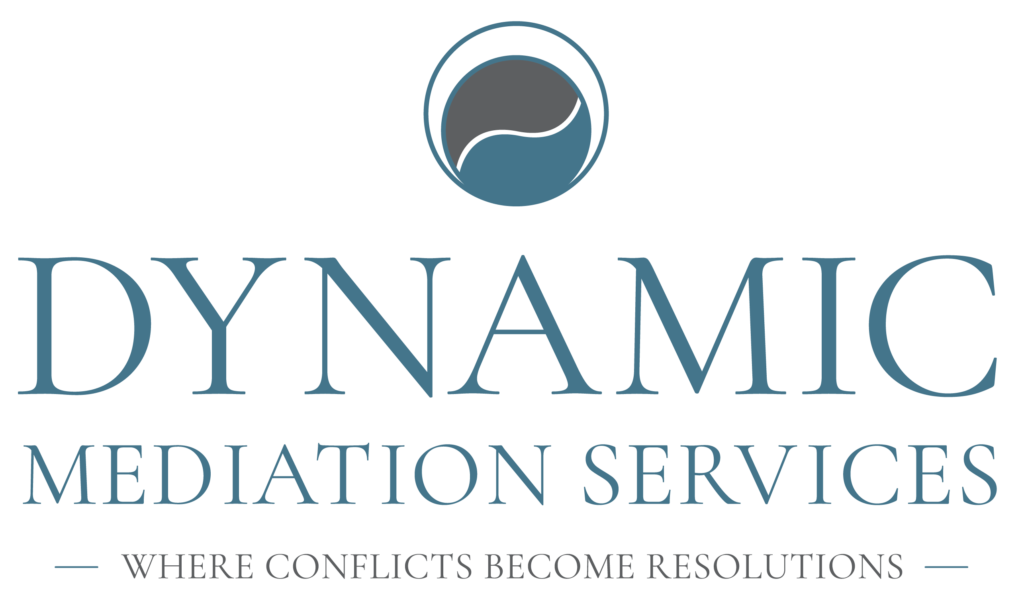The Quiet Power of Privacy in Mediation

Disputes pull people apart. Mediation, when done right, doesn’t just settle the argument—it sets the tone for how people interact afterward. In certain business and family settings, those interactions aren’t optional. You’re going to see that person again. You might share boardrooms, contracts, holidays, or children. So, what makes those future encounters easier? Often, it’s not the agreement itself. It’s the silence around it.
Confidentiality isn’t secrecy for secrecy’s sake. It preserves the possibility of decency after the dust settles. People show up to mediation carrying all kinds of emotional weight—anger, fear, resentment. However, the moment they know that what’s said in the room stays in the room, something changes. Walls drop. Conversations deepen. Honesty shows up.
Candid Conversations Without Fear of Fallout
When people stop holding back, the tone of mediation shifts. It stops being about demands and becomes more about motivations. Someone might admit that a contract term felt like a betrayal, not because it was wrong, but because it broke trust. Or a business partner might finally admit they’re overwhelmed, not just stubborn. These aren’t admissions anyone wants public, but within the boundaries of confidentiality, they serve a purpose. They make real resolutions possible.
This kind of transparency doesn’t work in courtrooms or board meetings. Those spaces invite performance. Mediation invites reflection—if it’s private. The fewer eyes watching, the more honest the talk.
Reputation Stays Intact—So Does Dignity
Most disputes come with baggage—financial, emotional, or both. Airing that out in public can lead to lasting damage. Confidentiality acts as insulation. It keeps business disputes out of the rumor mill. It keeps personal details from becoming family gossip or internal workplace drama.
In business, a private dispute means your vendor doesn’t start questioning your leadership. Your clients don’t start looking for the exit. In families, it means your children don’t become messengers, and your relatives don’t choose sides. All of that matters long after the paperwork is signed.
Agreements That Stick
People agree to terms more readily when they feel like their side is heard without judgment. Mediation and the confidentiality that comes along with it help with that. They remove the pressure to save face. Nobody has to posture or prove anything to an audience. What’s left are needs, priorities, and the willingness to compromise without shame.
Even a resolved dispute can keep echoing in people’s minds—especially if private details are repeated outside the room. Every retelling, rumor, or unsolicited opinion reopens the wound. Confidentiality turns the volume down. It makes the argument feel like something that happened, not something that’s still happening. That silence makes space for people to rebuild relationships and, sometimes, just their own peace of mind.
Professionalism With a Human Touch
When emotions run high, it’s easy to say things that hit too hard. Mediation gives people a place to do that without turning every word into ammunition later. That’s especially helpful in ongoing business relationships or family dynamics where people have to keep interacting.
Private mediation creates a container. You can argue in that space. You can cry, swear, vent, even admit fault. Once you leave, that emotional release doesn’t need to ollow you into the office or the next family dinner. You get to return to those settings with a clean slate, not a reputational scar.
Let It Stay in the Room
Privacy is the emotional oxygen that allows mediation to breathe. When people trust that their words won’t come back to haunt them, they talk differently. They resolve differently. They walk away lighter.
Dynamic Mediation Services keeps it that way. If you’re ready to resolve without a spotlight and rebuild without the baggage, give us a call at (843) 754-5572.
